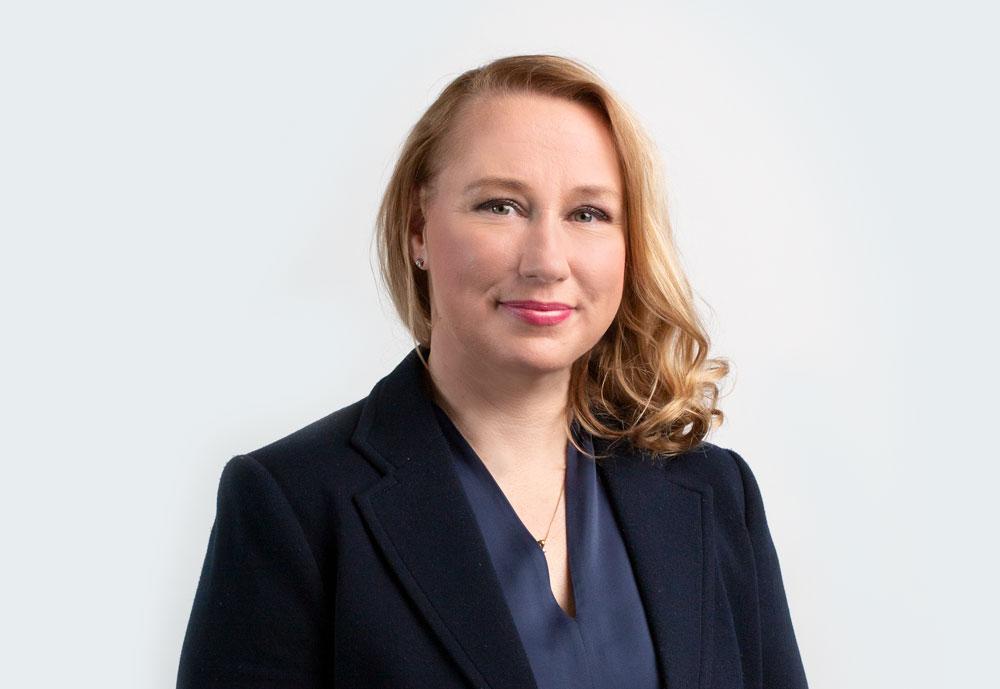The future of Buffets step by step
How will cruise lines serve food in an efficient and safe way without compromising superior customer experience?
Blog Post by Erik Schobesberger, Vice President Sales Modernization at ALMACO
We are in the middle of a paradigm shift, a true disruption in most aspects of our social lives; from meeting friends, going out, exercising, working to travelling. Covid-19 has brought many a lot of grief, but on the positive side, it is also working as a catalysator and an engine for creativity, innovation, and progress. If a pandemic occurs again, we will be prepared. The cruise lines are working on new processes to ensure the safest possible experience for passengers and working environment for the crews.
One of the areas that cruise lines will inevitably have to rethink and modify is their catering areas and restaurants. Buffets, as we know them, might change drastically or even cease to exist. As a first quick fix step, owners will need to figure out easy and cost-efficient temporary solutions in order to be ready for sailing in August. The temporary solutions, however, will most likely not be 100 % efficient and visually acceptable as long-term solutions.
During 2020 cruise lines will hesitate to make big revitalization changes since the future standards and regulations are still unclear. There are also potential difficulties related to traveling and boarding installation crews, and the cruise lines will be operating in difficult financial conditions. We at ALMACO are working hard on creating temporary and cost-efficient solutions that will enable cruise ships to resume sailing again and buy time for making decisions on long-term solutions.

After the pandemic has settled and we have learned more about the spreading of the virus, new standards and regulations will start emerging from independent regulatory institutions, but new demands will also arise from cruisers. Cruise lines will initiate step two, to redesign their old buffet restaurants and catering areas to be able to serve many customers efficiently, while maintaining the highest possible standard, without making large investments. It will not just be about serving food in a safe way; it will also be about conveying a sensation of safety to the customers. Still, the superior customer experience must be as excellent as before. The new concept must be “wow”, while meeting the new standards and regulations.
Once the cruise ships have been sailing for a while and revenue starts rolling in, it’s time for the third step, to start revitalizing and marketing the new restaurant concept to regain customer confidence and satisfaction. Some will choose to keep the buffet concept but implement design improvements and equipment innovations that makes it safe. Others will transform their restaurants into an a la carte with open kitchens or cooking shows. Whatever the choice may be, we can assure you that ALMACO is here to help our customers on every step of the way, from quick fix solutions to get the restaurants up and running to redesign and revitalization of new innovative future- and germ-proof restaurant concepts. Let’s all sit down together to make the new normal better than the old one.
For more information, contact

About ALMACO Group
ALMACO Group is a full turnkey provider for Newbuilding, Modernization and Lifecycle services of Accommodation, Catering and Laundry areas for the Marine and Offshore industries. ALMACO builds, refurbishes and serves complete interiors and hotel areas of marine vessels and offshore units including galleys, provision stores, refrigeration machinery, laundries, public spaces, as well as complete living quarters. ALMACO works with owners and builders around the world providing full turnkey solutions comprising design and engineering, project management, construction, spare parts, and maintenance. ALMACO was founded in 1998 and has offices in Brazil, Canada, China, Finland, France, Germany, Italy, Singapore, and the USA.



